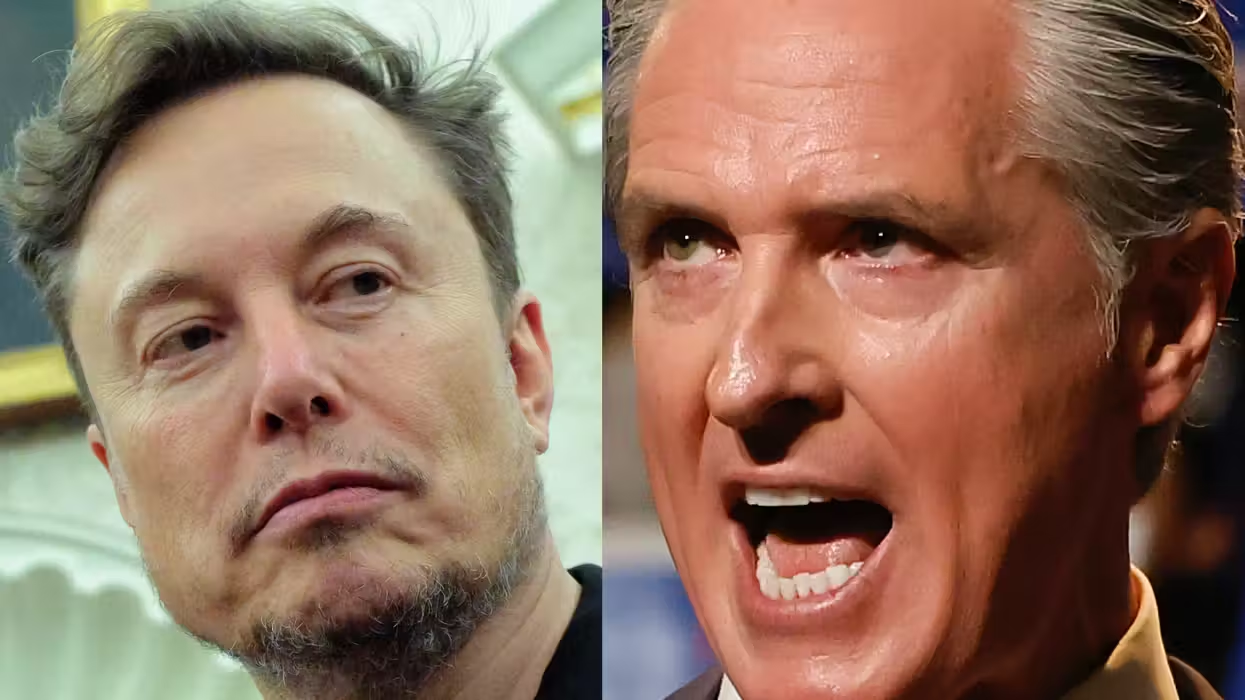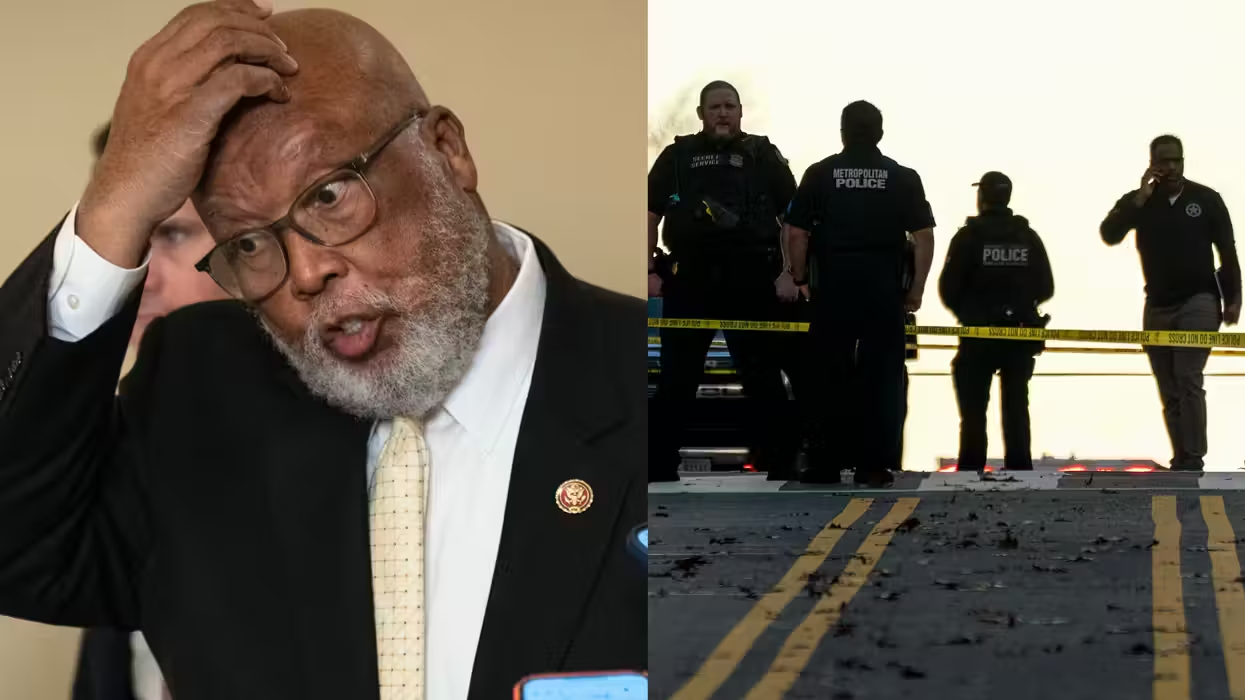WASHINGTON (AP) -- An Islamic State leader linked to the 2015 attacks at the French satirical newspaper Charlie Hebdo and assassinations in Tunisia was killed in a U.S. airstrike in Syria, U.S. military officials said Friday.
Officials said Boubaker el Hakim was killed in Raqqa on November 26. He is believed to have played a role in IS attack planning and participated prominently in the group's propaganda efforts abroad. The officials weren't authorized to discuss the strike publicly and spoke on condition of anonymity.
El Hakim, a 33-year-old French Tunisian, was a mentor to the brothers who gunned down cartoonists at the French paper in January 2015.
He was arrested in Syria and sent to France, where he was convicted in 2008 and sentenced to seven years in prison. He was considered at the time to be among the most radicalized of the network of young extremists from the Paris area, which included the brothers Said and Cherif Kouachi.
The Kouachi brothers led police on a two-day manhunt after attacking Charlie Hebdo, then hid out in a printing plant. Police surrounded the building, and the brothers were killed in a shootout after a daylong siege. At the same time, another attacker, Amedy Coulibaly, was taking more hostages in a kosher supermarket in Paris. He was also killed when police raided the store.
The attacks that week on Charlie Hebdo, police and the kosher market killed 17 people.
Released from prison in early 2011, el Hakim is believed to have moved to Tunisia, where he claimed responsibility in 2014 for the assassinations of two political figures. By then, he was high up in Islamic State's ranks and was believed to play a role in the group's external operations.
Soon after the U.S. invasion of Iraq in 2003, el Hakim wound up in a network of French jihadis and fought with Abu Musab al-Zarqawi. The Islamic State group began as an al-Qaida affiliate in Iraq led by al-Zarqawi, until he was killed in a U.S. airstrike in June 2006.
El Hakim moved back and forth between Syria and Iraq using networks of smugglers and jihadis, according to court records obtained by The Associated Press. He appeared on French television calling on friends in Paris to join him.
"I am in Iraq, I'm doing jihad. And all my brothers who are there, should come and defend Islam," he said.
Story by the Associated Press; curated by Chris Enloe.







